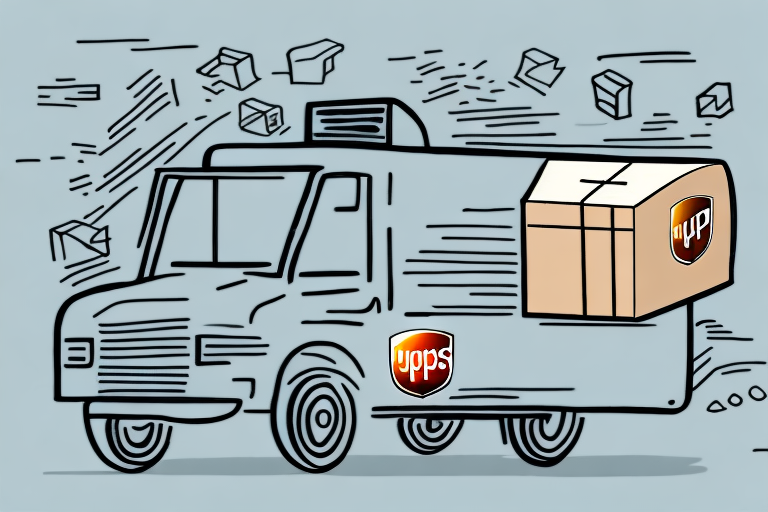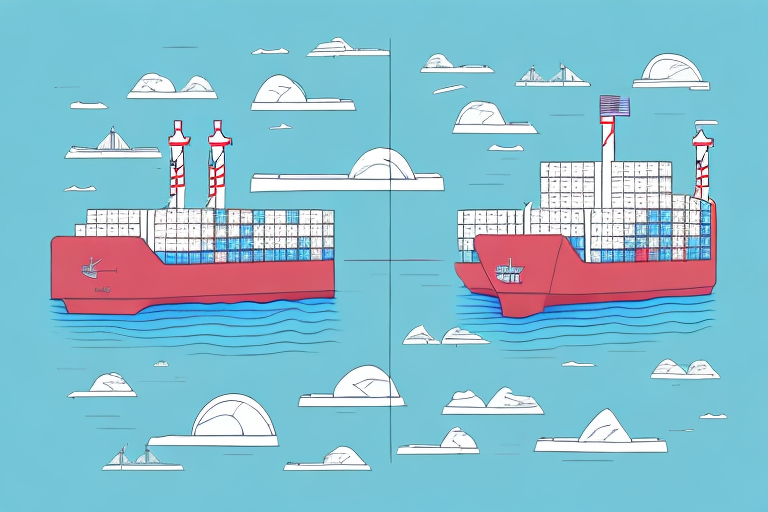Understanding UPS Ground Insurance: What You Need to Know
When you ship goods with UPS, it’s important to understand the risks involved in transit, and how to protect your items in case of loss or damage. UPS Ground Insurance is a service that can help mitigate these risks, but many shippers aren’t familiar with the terms and options. If you’re shipping valuable or fragile items and want to ensure they arrive intact, read on to learn everything you need to know about UPS Ground Insurance.
What is UPS Ground Insurance and Why Do You Need It?
UPS Ground Insurance is a type of protection that shippers can add to their package when using UPS to send their items. It’s an optional service that offers extra coverage beyond the basic liability included with UPS Ground service. UPS Ground Insurance is designed to safeguard your shipment from loss, theft, or damage while in transit. By adding this insurance, shippers can have peace of mind knowing their packages are protected and can receive compensation for any damages that may occur.
It’s important to note that UPS Ground Insurance is not mandatory, but it can be a wise investment for high-value items or fragile goods.
Benefits of UPS Ground Insurance
- Provides coverage for items not covered by basic liability, such as jewelry, artwork, and electronics.
- Offers flexible coverage options based on the value of your package.
- Can be added to packages at any time before they are shipped, making it a convenient option for last-minute shipments.
The Benefits of UPS Ground Insurance for Shippers
There are several benefits to adding UPS Ground Insurance to your shipment:
- Provides additional coverage for higher value items, protecting you from financial loss in the event of lost, stolen, or damaged goods.
- Expedites the claims process and helps streamline any issues you may have with your shipment.
- Allows you to properly insure your goods, making sure that you are not under-insured.
- Provides peace of mind for both the shipper and the recipient, which can build trust and confidence, especially important for businesses relying on shipping to maintain customer satisfaction.
- Helps reduce the overall cost of shipping by avoiding unexpected expenses from lost or damaged goods.
What Does UPS Ground Insurance Cover?
UPS Ground Insurance can provide coverage for your package up to its full value, including the cost of shipping if the item is lost or damaged. This insurance covers:
- Damage caused in transit, including theft or loss.
- Repair of damaged items, replacement, or compensation for the item’s value, as determined by UPS.
It's important to note that some items are not covered under the UPS Ground Insurance policy, such as certain types of electronics, jewelry, antiques, and improperly packaged items.
Coverage for Delays
UPS Ground Insurance provides coverage for packages delayed beyond the expected delivery date, which may include a refund of shipping costs or credit towards future shipments.
International Coverage
UPS Ground Insurance can be purchased for both domestic and international shipments, although coverage may vary depending on the destination country and the type of item being shipped. Verify with UPS to ensure package eligibility and understand specific insurance policy terms and conditions.
How to Determine the Right Amount of UPS Ground Insurance for Your Shipments
The amount of UPS Ground Insurance you need depends on the value of your item. Properly assess the cost of your goods and select a coverage amount that accurately reflects their worth. Consider additional factors such as the cost of shipping, taxes, and fees. Evaluate your item’s value and shipping costs to determine the appropriate amount of insurance coverage.
Evaluate Risk Level
Consider the level of risk involved in transporting your goods. If your items are fragile or easily damaged, you may want to increase your coverage to ensure full protection during transit. Note that UPS Ground Insurance only covers the cost of the item being shipped and does not include additional costs like lost sales or business interruption. Consider other insurance coverage options to protect your business if timely delivery is crucial.
How to File a Claim with UPS Ground Insurance
To file a claim with UPS Ground Insurance, you can do so online through UPS's website or by phone. You'll need to provide package details, the value of the package, and any supporting documents. Keep detailed records throughout the shipping process, including pictures of the package, item, and packaging. UPS typically processes claims within 7-10 business days.
Note: UPS Ground Insurance only covers loss or damage during transit and not damages caused by improper packaging or handling by the sender or recipient. If your claim is approved, UPS will reimburse you for the value of the package, repair, or replace the damaged item. If your claim is denied, you can appeal the decision by providing additional evidence or documentation.
Common Misconceptions About UPS Ground Insurance
- Basic liability included with UPS Ground service is not the same as UPS Ground Insurance.
- Insurance is always expensive: UPS Ground Insurance pricing is based on shipment value and coverage amount, making it accessible.
- If you decline UPS’s basic liability, you can still add UPS Ground Insurance.
UPS Ground Insurance also covers more than just loss or damage, including delays, theft, and weather-related incidents. Flexible coverage options allow shippers to choose the protection level that fits their needs and budget.
Alternatives to UPS Ground Insurance: Pros and Cons
While UPS Ground Insurance can be beneficial, there are other ways to protect your goods during transit:
- USPS insurance
- Private insurance providers
- Self-insurance
Each method has its advantages and disadvantages. A reliable alternative is using a shipping insurance company like Shipsurance, which offers more affordable, comprehensive coverage and better control over the claims process.
Tips for Saving Money on UPS Ground Insurance
- Properly package your items to reduce the risk of damage and minimize the likelihood of a filed claim.
- Properly label your shipment to increase transparency and security.
- Accurately declare the value of your items to ensure proper insurance coverage and avoid shipping issues.
- Negotiate pricing if you have a high volume of shipments or work with a shipping broker with established UPS relationships.
Understanding the Fine Print: Important Details to Know About Your Coverage
When adding UPS Ground Insurance to your shipment, review the fine print to understand applicable terms and conditions. Know the deadlines for filing a claim, covered damages, and the maximum payout for shipped items. Invest time in reading the details to avoid misunderstandings or surprises.
Conclusion
As a shipper, ensuring your package reaches its destination intact is essential. UPS Ground Insurance is a valuable tool to protect your goods and offer peace of mind. By understanding the terms and options involved in UPS Ground Insurance, you can make informed decisions and avoid common misconceptions. Research thoroughly, assess the value of your items accurately, and carefully package and label your shipment to maximize security. With the right insurance coverage and precautions, you can minimize potential risks and build a successful and thriving shipping business.






















